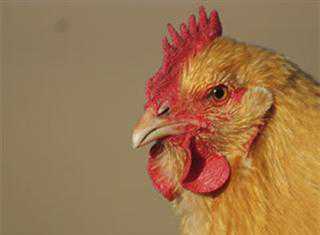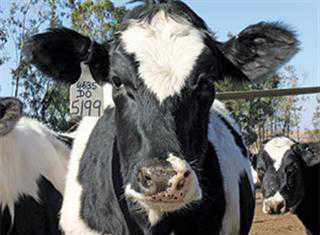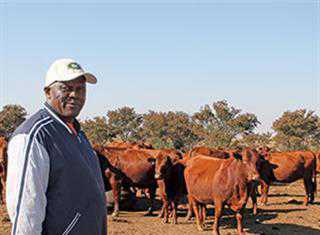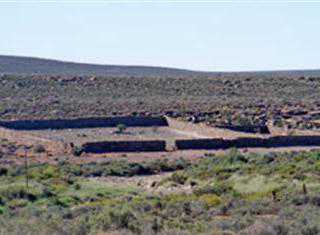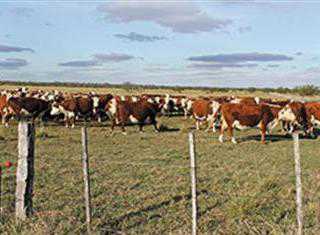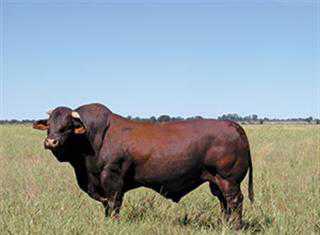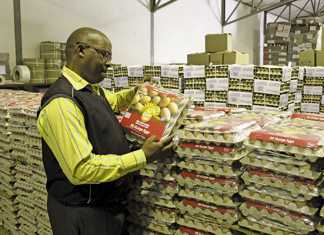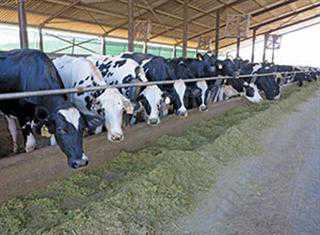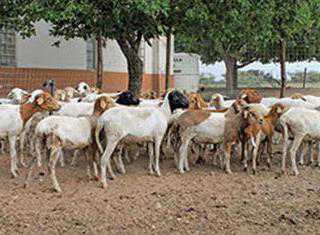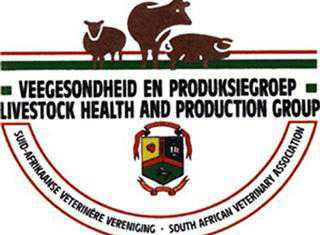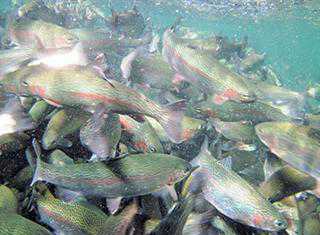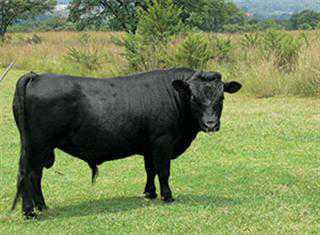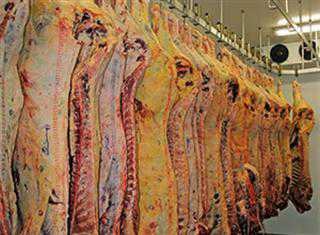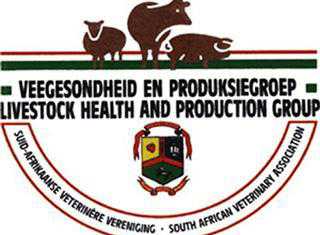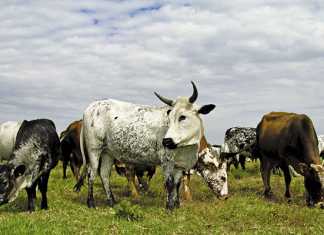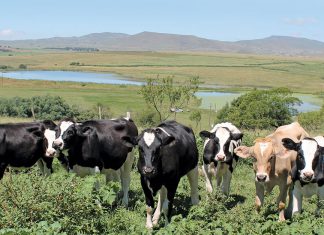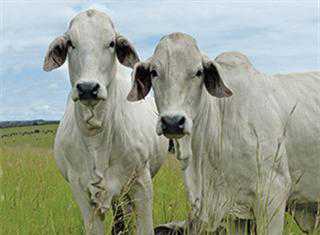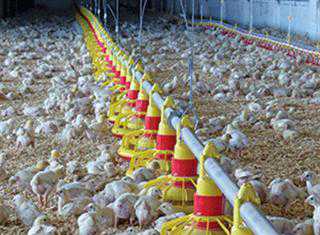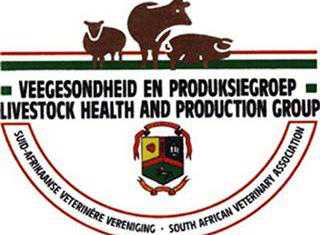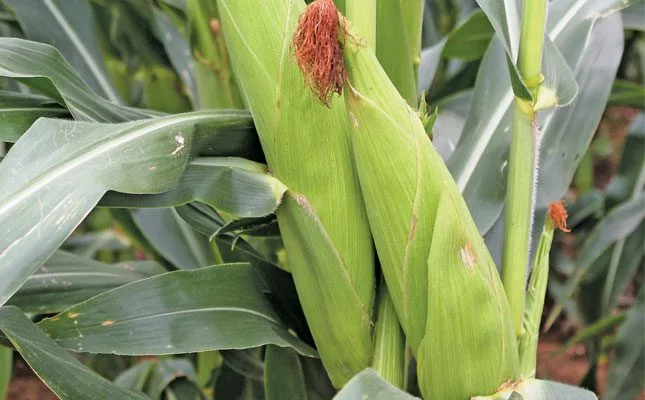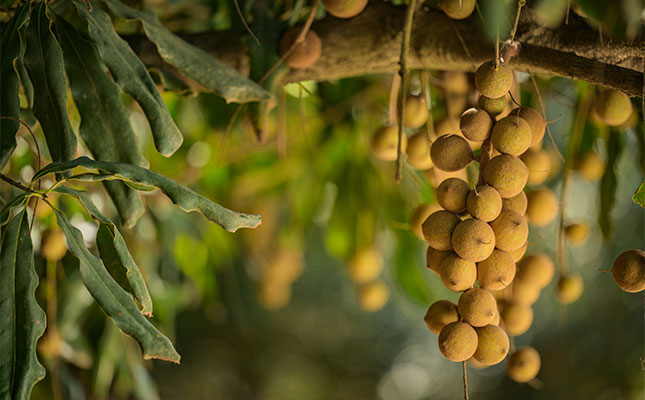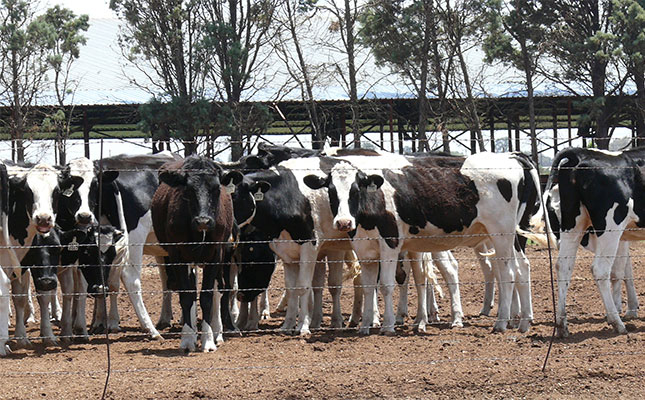How to stop your hens from eating their own eggs
Fairly common, especially among free-range layers, this can be a hard habit to break – so prevention is better than cure.
Dairying on the cutting edge
Genomic testing and the ability to transfer embryos gives dairy company Inovula an edge in the industry. Dr Kobus Hendriks, the company’s managing director is also a vet and the business has raked in more awards than its shelf space can handle; the most recent of which was the National Master Dairyman for 2012. Lindi van Rooyen reports.
From Cabinet to courtroom to cattle
Former Cabinet minister Dr Penuell Maduna has been out of politics for some time and is now building a name for himself in cattle-breeding circles. Peter Mashala visited him.
Proactive strategies for drought
Veld management has more to do with the season of rest than the system of grazing. Izak du Plessis discusses strategy and action for managing stock on veld during drought.
Ranching in Argentina: Herefords on the Pampas
Second-generation Argentinian farmer Ricardo Mendizabal runs 4 100 cattle in the Entre Ríos province of Argentina and owns a cattle transport and cattle auction business. Anneli Groenewald spoke to him through interpreter Hendrik Jordaan during Farmer’s Weekly tour to Argentina.
Livestock Disease Trends – May 2013
In many parts of the country a shortage of roughage is going to be problematic in the months that lie ahead. Protein and energy supplements should be in place to prevent losses.
Australian Droughtmaster thrives in tough SA conditions
The Australian Droughtmaster will be a serious new player in the South African beef cattle arena, says Droughtmaster breeder Johan van der Nest. Annelie Coleman reports on the potential impact of this breed on the local beef scene.
Nu Dawn Eggs: production tips and secrets
Seo Mtetwa, MD of Nu Dawn Eggs, talks about the company's beginning, success and future.
High-volume Holsteins on the West Coast
Dairy farming is difficult, with high overheads and tight margins. Dairyman JK Basson believes that focusing on detail and personal supervision is key to survival in this demanding industry.
Developing farmers feel the scourge of stock theft
Stock theft is a major problem which costs the livestock industry millions of rand every year. Chief Samuel Ramugondo spoke to Peter Mashala about his personal battle with stock theft, which has left him with a son in jail.
Livestock Disease Trends – April 2013
As a result of late summer rains during the first half of April there was an increase in parasite numbers (wireworm, long-necked bankrupt worm and brown stomach worm).
The irresistible attraction of trout
Anglers and food connoisseurs worldwide agree that trout makes exciting fishing and excellent eating. But what goes into farming these iconic fish? Lloyd Phillips visits Simon Bunn of Peak Trout in the Drakensberg to find out.
Farm with the breed you love
Being a part-time farmer on land surrounded by residential estates hasn’t stopped Piet van der Merwe from producing champion Dexters. Lindi van Rooyen spoke to him about breeding a uniform
Dexter with a calm temperament.
How to produce a competition-winning carcass
At a carcass competition, a livestock producer can test his
production methods and standards through the expert eyes of the judges. Producers and consumers also benefit from top quality meat. Lloyd Phillips reports.
Livestock disease trends (as informally reported by vets in South Africa) March 2013
In the summer rainfall area numerous reports were received of wireworm infestations. This internal parasite sucks blood and symptoms in sheep and goats are anaemia (pale mucous membranes) and bottle jaw. As it may be resistant to some of the anthelmintic groups farmers should consult their vet on how to control the parasite.
Improving milk production in Nguni cattle
Nguni stud breeder, Dr Paul Meulenbeld, explains how to improve the breed’s milk production.
Careful calf rearing makes a difference
Improved heifer rearing at Byron and Ronelda Orpwood’s dairy farm in Creighton has given their enterprise a vital boost. They talk to Robyn Joubert about heifer management and the value of good teamwork.
For the love of Brahman
The Osterloh Grey Brahman Stud is making a name for itself beyond the borders of the Eastern Cape. Mike Burgess visited Eugene Osterloh on
the family farm, Mimosa Park, near Komga to find out how he manages his stud.
Perseverance pays off at High Heaven farm
In 2003, Nomthunzi Nduzulwana swapped nursing for agriculture.
Her perseverance has guided her through many challenges to a new future on High Heaven farm near East London. Mike Burgess spoke to her.
Livestock Disease Trends – February 2013
Due to severe drought conditions in certain parts of the country now is the time to get rid of all unproductive and old animals.
- ADVERTISEMENT -
- ADVERTISEMENT -
MUST READS
- ADVERTISEMENT -

